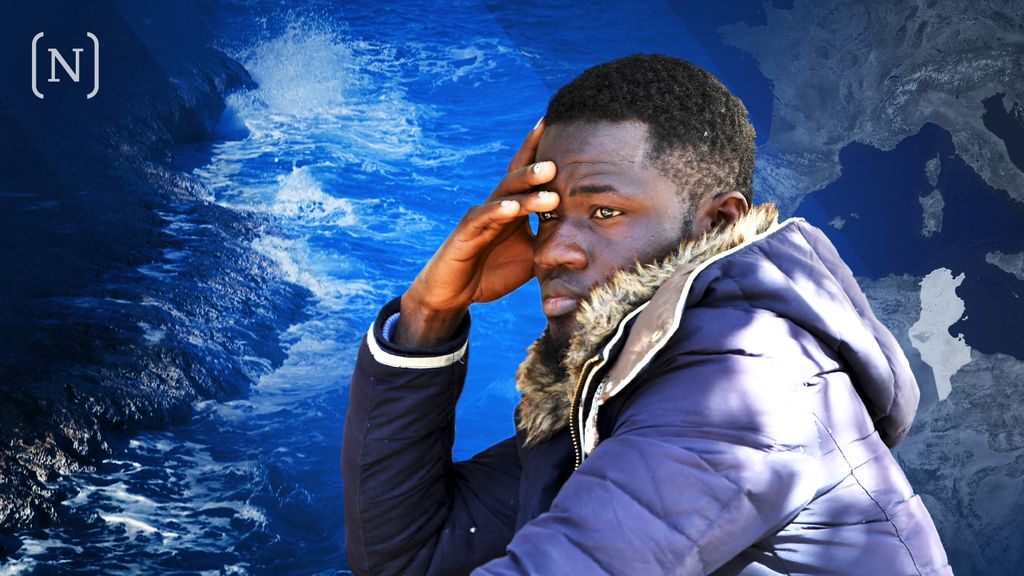NOS News••an average
In Tunisia, unrest is increasing day by day. In the country, which is going through a deep economic and political crisis, opposition leader and former Parliament Speaker Rashid Ghannouchi was arrested last night.
The arrest was accompanied by a search of Ghannouchi’s house in the capital, Tunis. According to his party, the 81-year-old politician is now in hospital and is in poor condition. Details not disclosed.
Ghannouchi is one of the main voices criticizing the authoritarian regime of President Saied. Since Saied was elected by a large majority in 2019, he has continued to gain power. Two years later, for example, he dissolved parliament and sacked Prime Minister Mechichi. Since then he has ruled by decree.
Ghannouchi’s Ennahda Party was the largest party in parliament at the time. However, the 81-year-old politician is not very popular lately. Ennahda has been in government for many years and many Tunisians blame party leader Ghannouchi for the freewheeling economic collapse the country has witnessed in recent years.
“The average Tunisian citizen is happy with this arrest. Ghannouchi is probably the most hated man in the country,” said journalist Fairouz Ben Salah in Tunis.
Another factor is that some Tunisians have an enduring suspicion against Ennahda, because the ideology is based on the more extreme Muslim Brotherhood. The party came to power after the 2011 revolution because it amassed a strong following as an underground party under dictator Ben Ali. Voting for Ennahda was seen as a vote against the old regime. But the mistrust persisted the entire time.
prosecution
Ghannouchi’s arrest comes after he said in the Tunisian media that civil war is imminent if political Islam is eliminated. “He’s been interrogated several times in the last year. This arrest was a bit imminent, and he was clearly a target,” Ben Salah says.
Ghannouchi is not the first opponent of the regime to be arrested. At the beginning of this year, authorities in the North African country arrested more than 20 critics, including prominent politicians, former ministers, and businessmen. The owner of the popular radio station, Mosaïque FM, was also arrested.
Nieuwsuur provided the video below about the strains of democracy in the country. To great interest in the European Union, because the African country is the main departure point for migrants to Europe:

Decisive Tunisia is about to explode, and the European Union is worried
Since President Saied took office, his policies have been widely criticized. According to opponents, the president seizes all powers and accuses them of terrorism and treason.
Last summer, a new constitution was adopted through a referendum, in which only 27.5% of the population participated. The law gave Said more powers to introduce new laws on his own.
Said also succeeded in ending the independence of the judiciary. Judges are appointed by the president and are accountable to him. “This gives him freedom of action if he wants to prosecute people,” Ben Salah explains.
Ban a political party?
According to Said himself, the measures are necessary to ensure stability in Tunisia and to confront terrorism. But it is feared that democracy in the country will return to before the Arab Spring in 2011, when massive popular protests led to the downfall of dictator Ben Ali. He was in power for 24 years.
According to Ben Salah, more arrests of Ennahda party members may follow later, as the party’s headquarters is still under investigation. Party offices across the country have since been closed. It could be a precursor to a complete party ban. This means that for the first time since Tunisia’s democratization, a political party has been banned.

“Infuriatingly humble social media buff. Twitter advocate. Writer. Internet nerd.”








